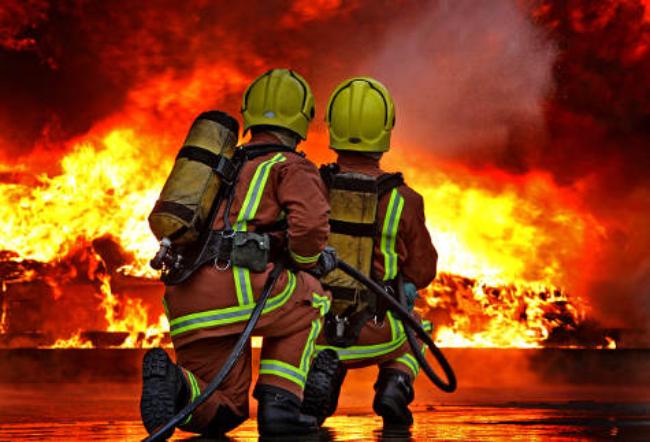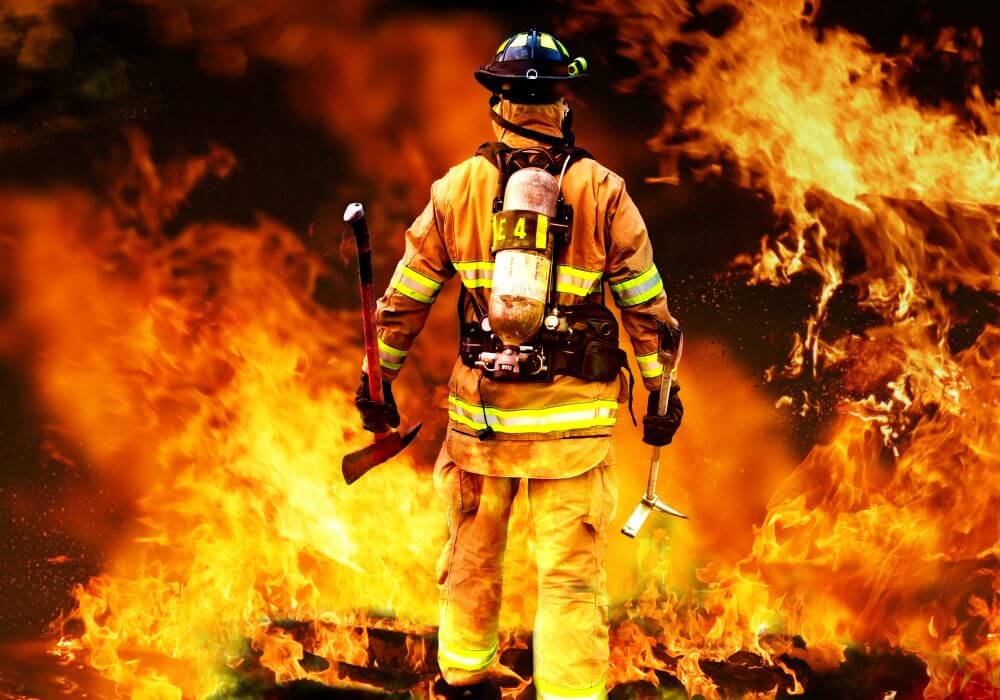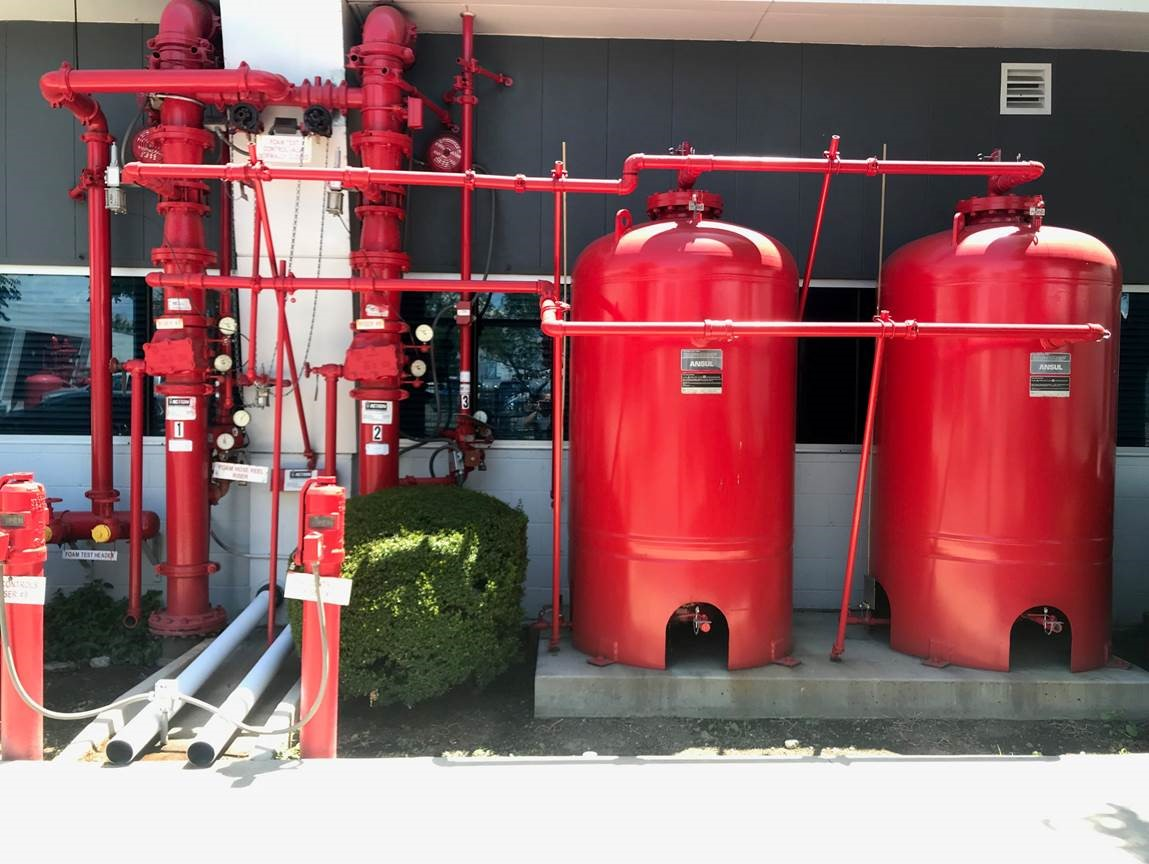

Course highlights are:
• Review of operations, maintenance, engineering, inspection, fire safety and security
• Examination of work permits, emergency plans, plant modification controls, emergency shutdown testing and engineering standards
• Assessment of standards of design and construction, layout, process controls, plant condition and housekeeping
• On-site inspection of process units, tankage, utilities, control room,
jetty/truck/rail loading, firefighting equipment and security systems
By the end of this course delegates will be able to:
Team Leaders, Managers, Superintendents, Line Managers, General Supervisors, Foremen, Supervisors, Project Managers, Fire Officers, Senior Fire Officer, Chief Fire Officers, Senior Fire & Equipment Personnel, Fire Coordinators, Fire Executives & Industry Personnel, Fire Responders, Fire Engineers Loss Prevention Engineers, Control Center Operators and Supervisors, Emergency Personnel, Emergency Dispatchers, Security Personnel and CCTV Operators, HSE Officers, HSE Engineers & Personnel, HSE Professionals, Emergency Response Team Members, HSE Managers and Auditors, HSE Professionals, Incident Control Point (Forward Control) Team Members, Inspectors, Advisors, Auditors, Laboratory Personnel, Process Control Engineers and Technicians, Process Control Designers and Systems Engineers, Instrumentation and Control System Engineers, Plant Engineers, Maintenance Personnel
Overview of the Concepts of Fire, Safety & Security Management
Fire Management in High Risk Environments
Fire Management, Insight into the Principles
Fire Management: Prevention & Protection
Common Hazard
BTS attendance certificate will be issued to all attendees completing minimum of 75% of the total course duration.
| Code | Date | Venue | Fees | Register |
|---|---|---|---|---|
| HSE105-01 | 12-04-2026 | Cairo | USD 5450 | |
| HSE105-02 | 28-06-2026 | Casablanca | USD 5950 | |
| HSE105-03 | 28-09-2026 | Istanbul | USD 5950 | |
| HSE105-04 | 27-12-2026 | Dubai | USD 5450 |

Inherent Safer Design (ISD) is a proactive approach in process safety engineering that seeks to eliminate or significantly reduce hazards at the design stage, rather than relying solely on add-on safe ...

There is no single fire training program, which can effectively satisfy the needs of industry in general. Each industry has particular fire risks and hazards associated with its operation, which requi ...

The history of fire accidents in industrial plants is full of total loss disasters that sometimes put the whole business to a dramatic end. The increased impact of fire accident on people and prosperi ...

Fire Fighting in the Oil Industry" training refers to specialized instruction designed for workers in the oil and gas sector, focusing on the unique fire hazards present in such environments, proper u ...
Providing services with a high quality that are satisfying the requirements
Appling the specifications and legalizations to ensure the quality of service.
Best utilization of resources for continually improving the business activities.
BTS keen to selects highly technical instructors based on professional field experience
Since BTS was established, it considered a training partner for world class oil & gas institution
1st floor, Incubator Buildingو Masdar City, Abu Dhabi, UAE
Sun to Fri 09:00 AM to 06:00 PM
Contact Us anytime!
Request Info